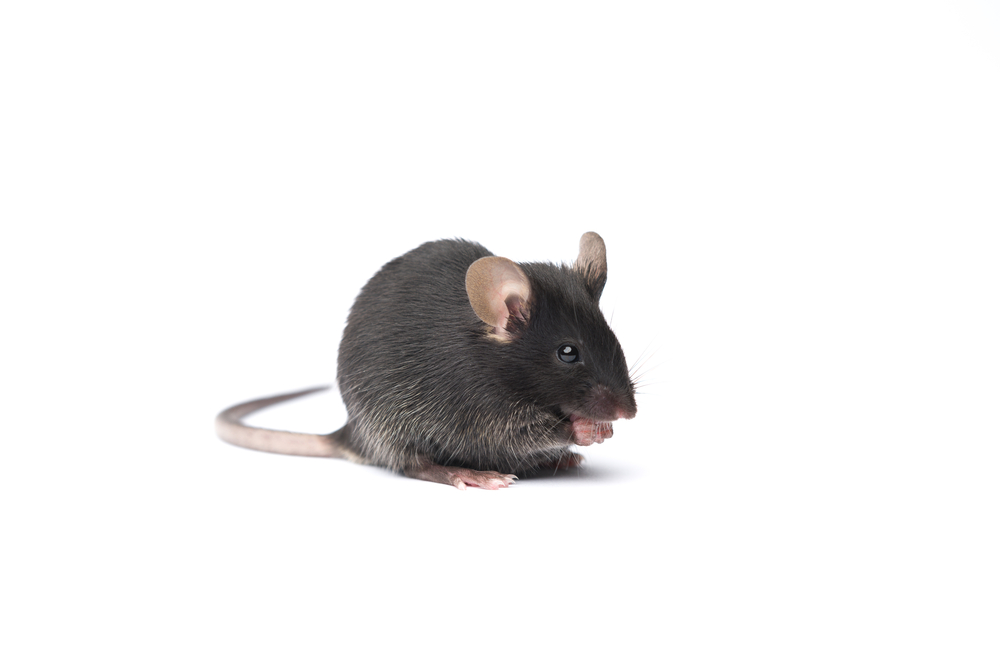Small Molecule Seen to Slow Alport’s Progression in Mouse Model of Disease

A small-inhibitor molecule targeting a protein called lysyl oxidase like-2 or LOXL2 was seen to lessen renal scarring and improve the workings of the kidney in a mouse model of Alport syndrome — raising the possibility it can slow disease progression.
The study, “Lysyl oxidase like-2 contributes to renal fibrosis in Col4a3/Alport mice,” was published in the journal Kidney International.
Higher than usual levels of the LOXL2 protein have been reported in several forms of human kidney disease, and this protein is known to promote fibrosis (scarring) in models of cardiac and liver disease.
But whether LOXL2 impacts the progression of kidney disease was unknown.
Researchers decided to investigate whether LOXL2 was an important player in fibrosis progression and kidney failure using the COL4A3 Alport mouse model.
They first confirmed that LOXL2 levels were high kidneys of the Alport mice, specifically in the glomerulus (the organ’s filtering unit) and the renal cortex (the outer region of the kidney) compared to control mice.
Next, they tested LOXL2’s role in renal fibrosis using a small-molecule inhibitor that specifically targets the LOXL2 protein. Mice were given an oral 30 mg/kg dose of the LOXL2 inhibitor once daily between 2 and 7 weeks of age.
Results showed that blocking LOXL2 significantly reduced kidney fibrosis in treated Alport mice relative to controls (Alport model mice given a placebo).
Moreover, the treatment improved the animals’ kidney function, shown by a significant decrease in the levels of urea nitrogen — a waste product that is removed from the blood by the kidneys — and lower levels of the protein albumin in their urine. When kidneys are healthy, very little protein is evident in urine.
LOXL2 inhibition also significantly reduced the activity of profibrotic and pro-inflammatory genes in the glomerulus and cortex of kidneys in the Alport mice, the researchers reported. The treatment also reduced evidence of another key protein, called laminin a2 and a hallmark of Alport disease, from accumulating in the kidneys.
“Blocking LOXL2 activity using a selective small-molecule inhibitor markedly reduced fibrosis and glomerulosclerosis [sclerosis in the glomerulus] and improved renal function,” the study noted.
These findings suggest that “inhibition of LOXL2 using a small-molecule inhibitor is a useful approach in slowing the progression of fibrosis in Alport syndrome, as well as other forms of chronic kidney disease,” the study concluded.







Leave a comment
Fill in the required fields to post. Your email address will not be published.